The sixth round of UN negotiations to create a landmark treaty to end plastic pollution has collapsed without an agreement. Initially scheduled to end Thursday, talks stretched late into the night but failed to bridge a deep divide.
Around 100 nations advocated for limiting plastic production, while oil-producing countries insisted on focusing on recycling and waste management instead. Cuban delegates called the outcome a “missed historic opportunity,” while the UK’s Marine Minister expressed deep disappointment, reiterating the need for collective action against this global crisis.
These negotiations began in 2022 after growing scientific evidence revealed the risks of plastic pollution to both human health and the environment. Plastics contain potentially toxic chemicals that can leach into ecosystems as they degrade into microplastics, tiny particles now found in soil, rivers, the air, and even human organs. Despite the utility of plastic in many sectors, scientists warn that its environmental and health impacts are severe and worsening.
Nations Split on Cutting Plastic Production Versus Boosting Recycling to Tackle Pollution
The central dispute is whether the treaty should address plastics at their source by cutting production or primarily manage existing waste. Oil-producing nations like Saudi Arabia and Russia, along with industry groups, view plastics as vital to future economies, especially as fossil fuel use in energy declines.
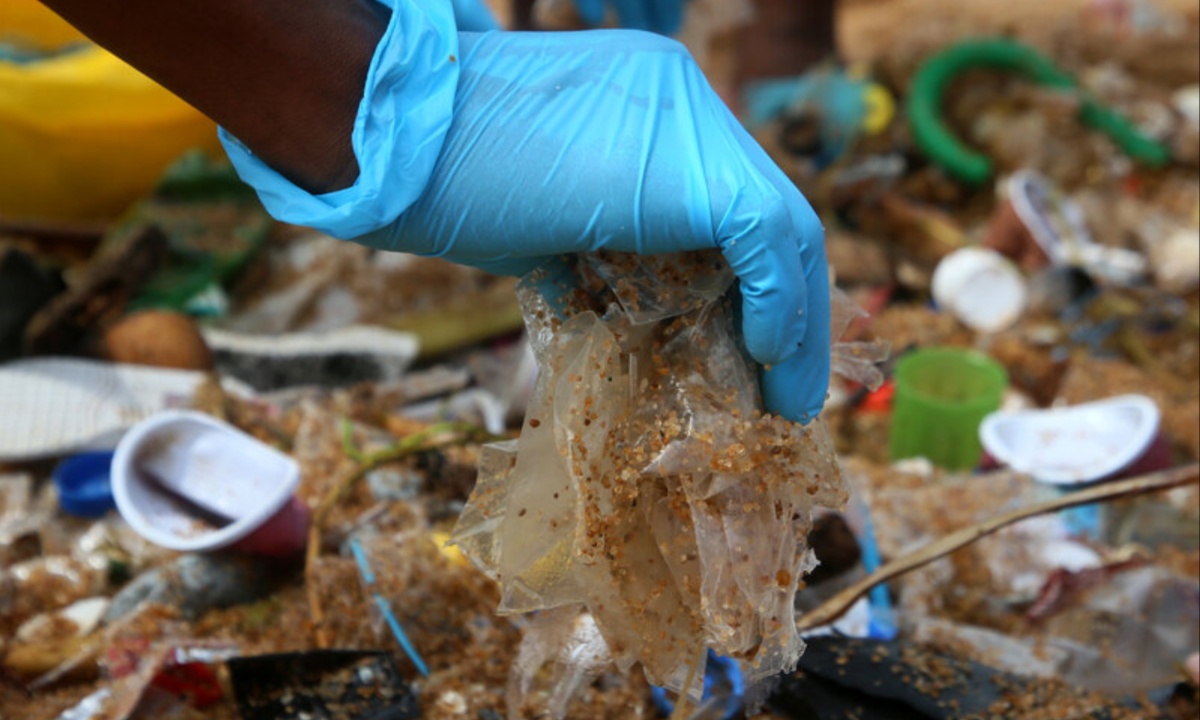
They argue that improved recycling and waste collection are the best solutions, warning that replacing plastics could have unintended consequences. Critics counter that recycling rates are only around 10% globally and even optimistic projections leave significant pollution unaddressed.
Global plastic production has soared from 2 million tonnes in 1950 to 475 million tonnes in 2022, with no sign of slowing. A coalition of about 100 countries, supported by corporations like Nestlé and Unilever, pushed for measures to curb production and standardize designs to aid recycling, such as using uniform bottle colors.
They also proposed aligning “extended producer responsibility” schemes, adding levies on plastic products to fund recycling, potentially generating $576 billion by 2040.
Talks Collapse Amid Deep Divisions Over Plastic Production Limits and Recycling Focus
Chair Luis Vayas of Ecuador presented a revised text that omitted explicit production limits but encouraged nations to address dangerous plastic chemicals and improve recyclability. While the EU saw this as a positive basis for future talks, oil-producing states criticized the process, claiming their concerns were ignored.
Environmental organizations accused these countries of prioritizing fossil fuel profits over planetary health. Greenpeace called the failure a wake-up call, urging governments to confront fossil fuel interests directly.
With no agreement reached and the original 2023 deadline already missed, the collapse of this latest round pushes the process further behind. Small island nations like Palau voiced frustration at the lack of progress, noting they bear disproportionate environmental impacts despite contributing little to the problem.
The chair confirmed that negotiations will resume at a later date, but deep divisions over production cuts versus recycling remain unresolved, leaving the path to a binding treaty uncertain.

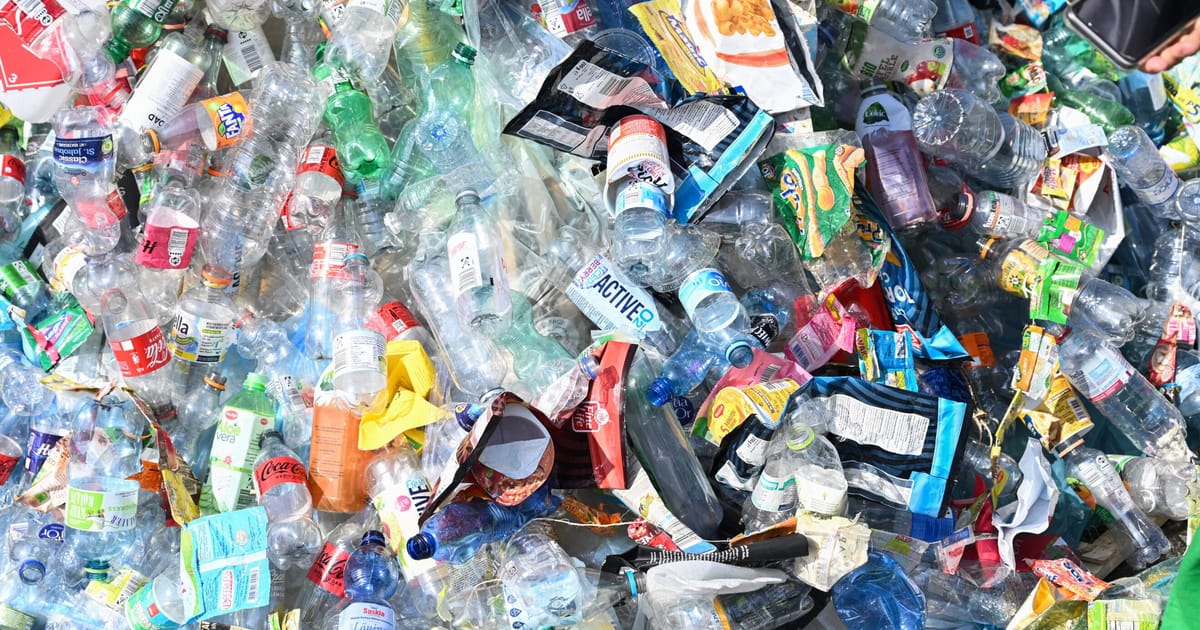







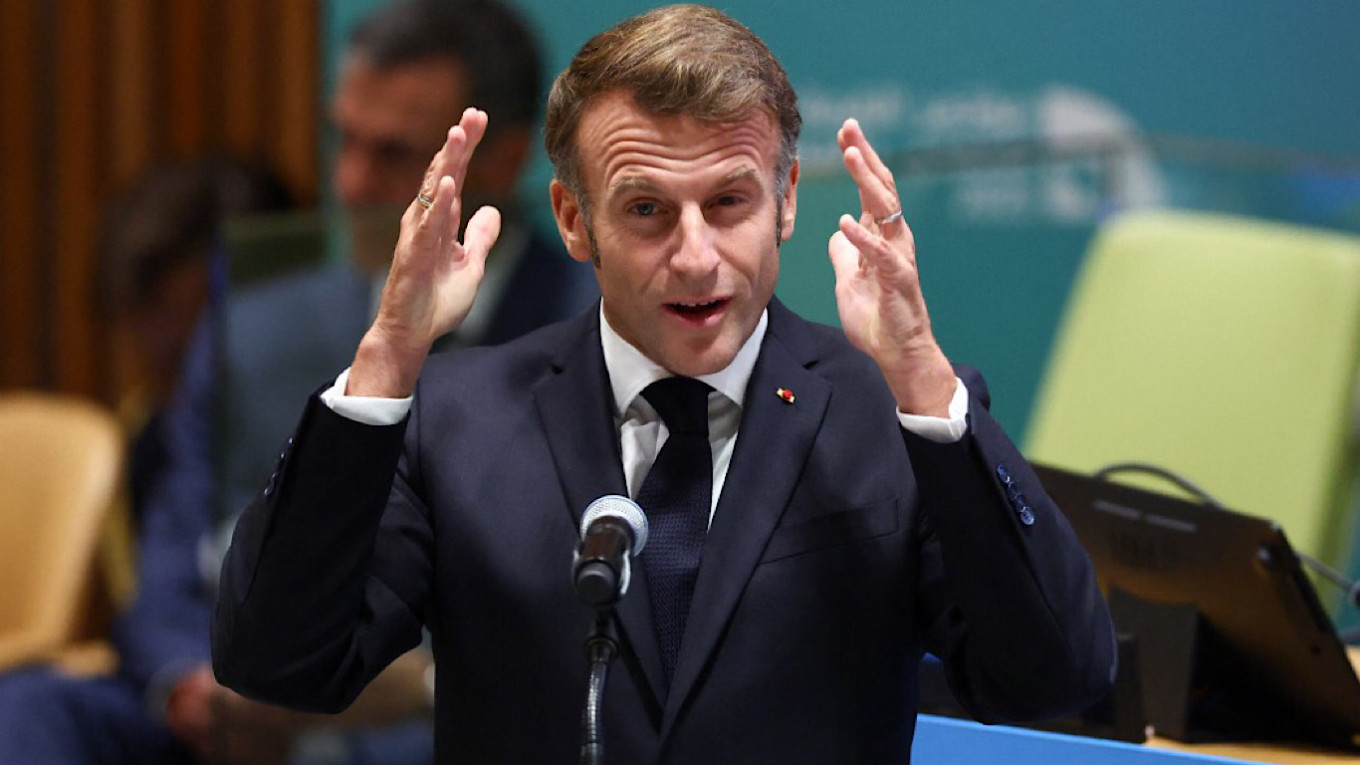
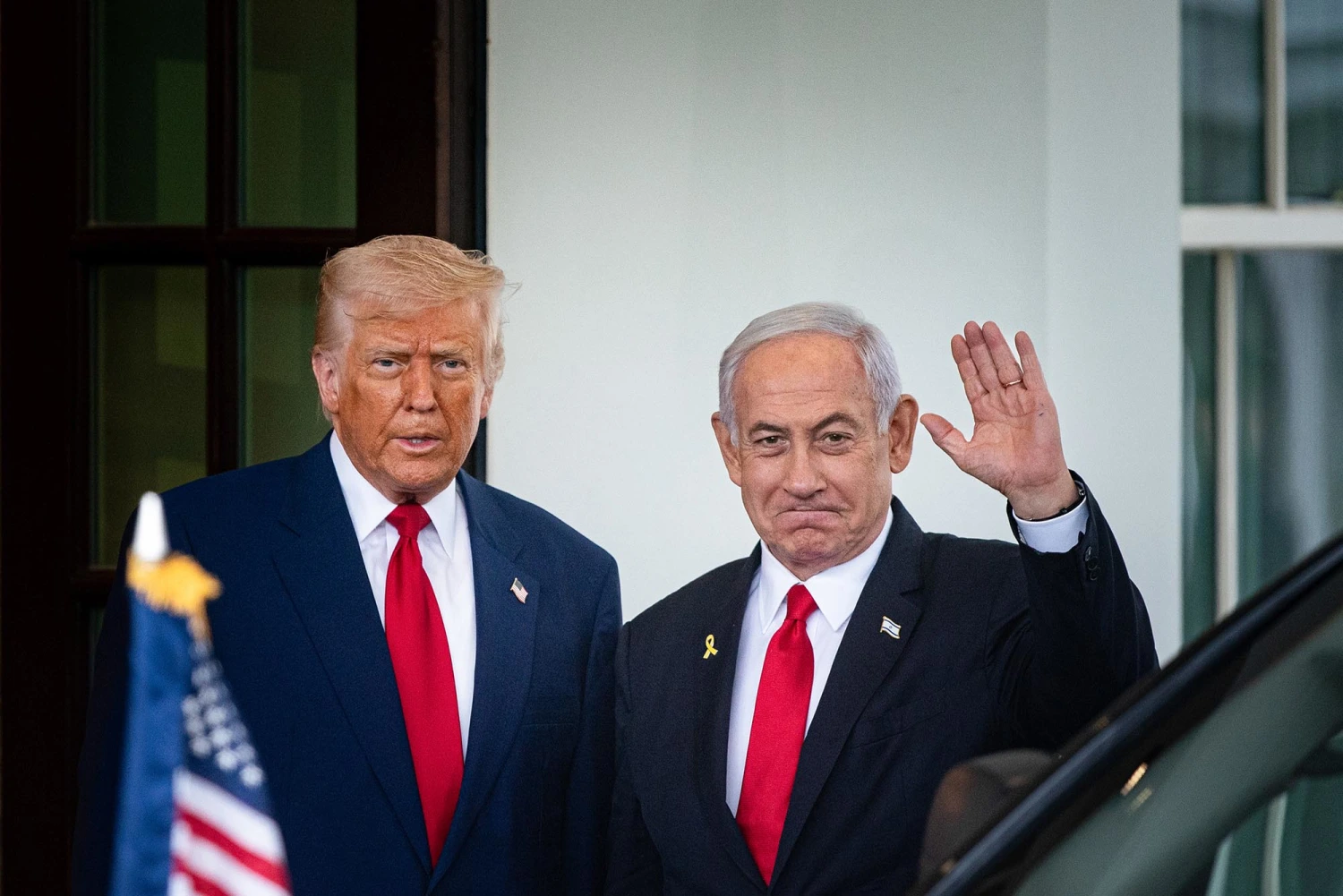
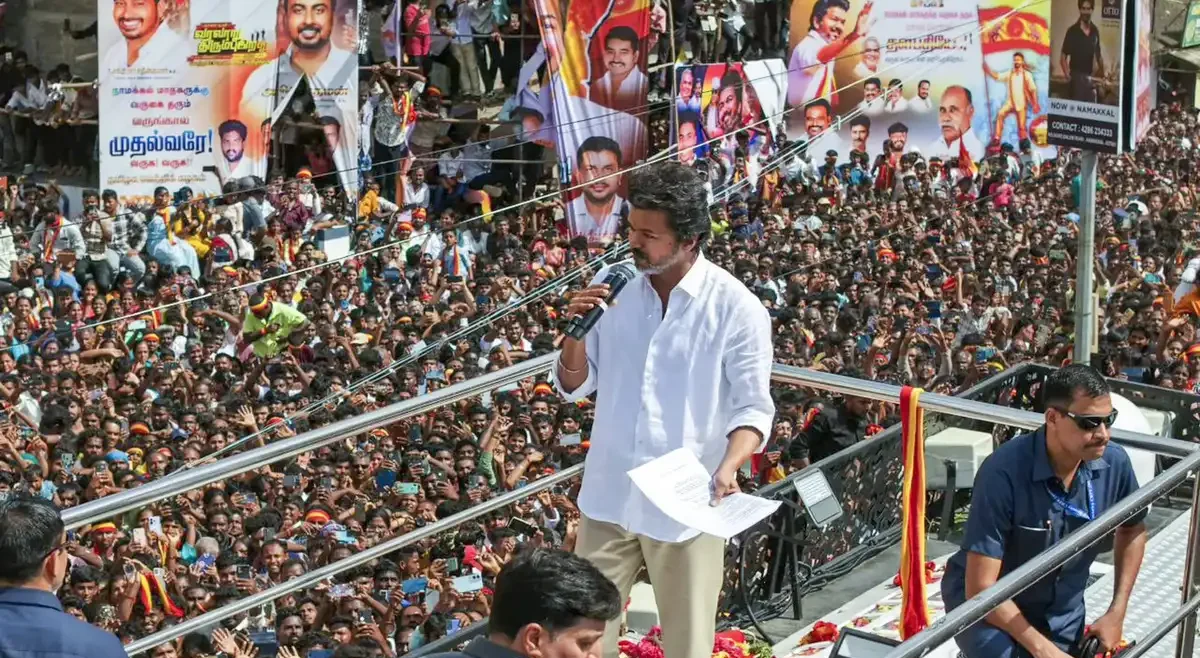
Leave a Reply